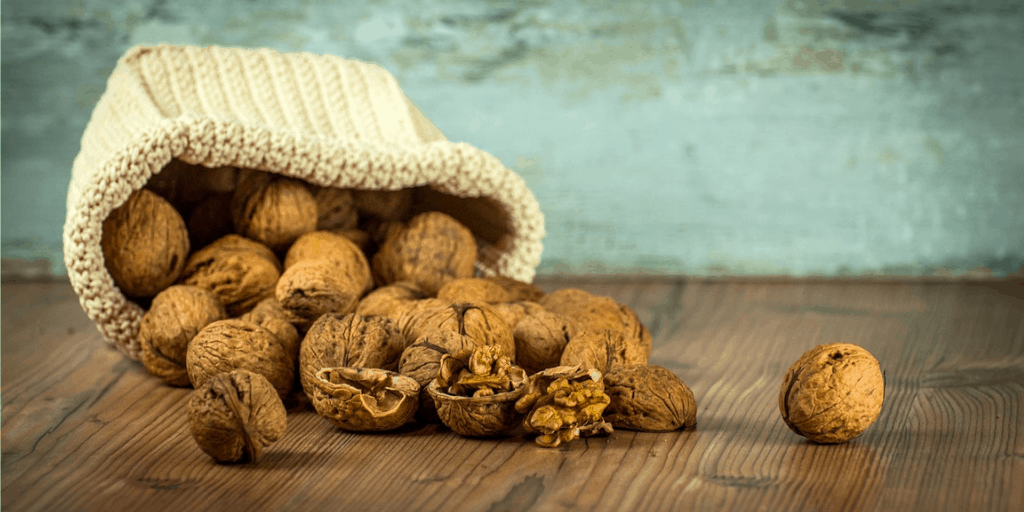AD | This is a collaborative post.
With its rich and bitter flavor, crunchy texture, and versatility in both sweet and savory dishes, the walnut is a popular ingredient worldwide. Between 2016 and 2017, the world’s walnut production had reached 881,524 metric tons, with the top consumers being China, the United States, and Iran.
Walnuts are touted not only for their taste, but also for their nutritional value and their adaptability when used in consumer products. There’s a treasure trove of information out there about the historical value of these nuts, the health benefits they purport, and the foods and beverages in which they serve as key ingredients.
Let’s look at some of the more interesting facts about walnuts—how people are incorporating them into their favourite snacks, drinking them as plant-based milk, and even studying them in prestigious academic conferences.
- Walnuts are the oldest tree food known to man and were traded in ancient times. Walnuts have been part of human civilization for thousands of years, and historical records of walnut trees being used for food date back to 7,000 BCE. The Ancient Greeks and Romans were the first to chronicle the purported health benefits of walnuts. Later on, they were packed in caravans and taken across The Silk Road, the ancient trade network that connected Asia, the Middle East, and Southern Europe.
- They are the “nut of many names.” The most commonly consumed walnut variety is called the English walnut, although alternate nomenclature also refers to it as the “Persian walnut.” This is due to the fact that walnuts were revered in ancient Persia, and only the royalty were allowed to consume them. The walnut’s ancient Roman name of Juglans regia is equally majestic, as it translates to “Jupiter’s royal acorn.”
- Walnuts hit the human body’s target for omega-3 fats. Omega-3 fats are essential fats to humans, meaning that they have an important place in a healthy diet. In plants, omega-3 fats come from a substance called alpha-linolenic acid (ALA). Adequate intake of ALA is projected to be from 1.6 grams a day (for men) and 1.1 grams a day (for women). A single one-ounce serving of walnuts provides as much as 2.5 grams of ALA, which easily fulfills that daily quota.
- Ingesting walnuts can improve overall gut health. Studies show that daily consumption of walnuts positively affected gut microbiomes. In this study, 194 test subjects consumed 1.5 ounces of walnuts every day for eight weeks. Researchers saw an increase in the bacteria that produced butyrate, which is a fat that nourishes the gut and preserves gut health.
- There is an academic conference solely devoted to walnut health research. You read that right: walnuts have such a big fan following that some scientists and industry professionals congregate once a year at the University of California Davis for a special Walnut Research Conference. The agenda of the conference includes discussing topics like plant pathology and nematology, imminent economic trends in the walnut industry, and best practices in walnut orchard management.
- They’re breaking the waves in modern cuisine. For sure, you’ve encountered walnuts in pastries like chocolate-chip cookies and carrot cake. You might also know that the walnut liqueur counterpart to the almond-based amaretto is called nocello. But did you know that non-dairy milk can also be made out of walnuts and water? This delicious two-ingredient liquid can be drunk on its own or incorporated into your favourite meatless dishes. Try a glass of unsweetened walnut milk and see how you can best enjoy as a part of your diet.
Suffice to say, walnuts are not your ordinary nut. They’ve got a wealth of historical, scientific, and cultural fascination behind them. So the next time you have a walnut-based product, you’ll have plenty of food for thought!
PIN IT FOR LATER


